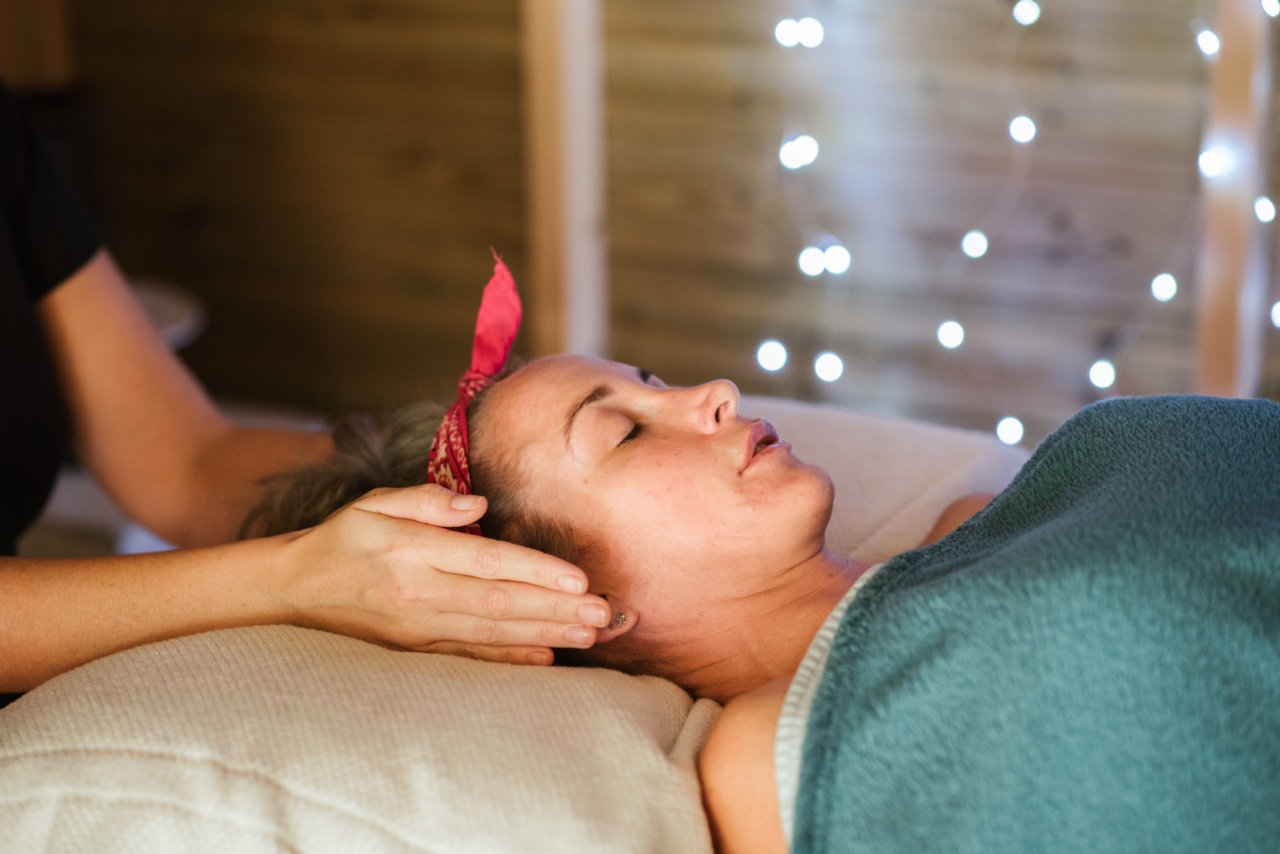Parkinson’s disease is a long-term, degenerative condition of the central nervous system that progresses slowly over time.
Apart from the physical symptoms that Parkinson’s disease causes, depression is also a common condition that affects patients with this disease. Depression in Parkinson’s patients can be attributed to both the psychological impact of the disease and the biological changes in the brain that occur as the disease progresses.
Depression can have a negative impact on a person’s quality of life, which is why it is important to explore alternative medicine approaches for depression in Parkinson’s patients.
Acupuncture
Acupuncture is a form of traditional Chinese medicine that has been used for thousands of years to manage a variety of health conditions, including depression.
Research has shown that acupuncture can be an effective alternative medicine approach for depression in Parkinson’s patients by stimulating the release of the body’s natural pain-relieving and mood-regulating chemicals called endorphins and enkephalins. The needles used in acupuncture are inserted into specific points on the body, and when stimulated, they trigger the body’s natural healing response.
Meditation
Meditation is a mind-body therapy that has been shown to be effective for depression in Parkinson’s patients.
Meditation can help manage depression by reducing negative and anxious thoughts, increasing feelings of calm and relaxation, and improving mood. Research has shown that regular meditation practice can lead to an increase in the production of “feel-good” brain chemicals, such as serotonin and dopamine, which can help improve mood and alleviate depression symptoms.
Massage Therapy
Massage therapy is another alternative medicine approach that can be beneficial for depression in Parkinson’s patients. Massage therapy can help manage depression by reducing stress, promoting relaxation, and improving mood.
Studies have also shown that massage therapy can help reduce pain and stiffness in muscles and joints, which can be a common symptom in Parkinson’s patients. By reducing pain and promoting relaxation, massage therapy can help manage depression symptoms and improve quality of life.
Nutritional Therapy
Nutritional therapy is a form of alternative medicine that uses food and supplements to improve health and manage health conditions.
Nutritional therapy can be an effective approach for depression in Parkinson’s patients because certain foods and supplements can help improve mood, reduce inflammation, and promote brain health. For example, foods rich in omega-3 fatty acids, such as fatty fish, nuts, and seeds, have been shown to reduce inflammation in the brain and improve mood.
Additionally, supplements such as vitamin B12, which is essential for brain health, can help manage depression symptoms.
Aromatherapy
Aromatherapy is a form of alternative medicine that uses essential oils to promote relaxation, reduce stress, and improve mood.
Essential oils are extracted from plants and flowers and can be used in a variety of ways, such as in a diffuser, as a massage oil, or as a bath salt. Lavender essential oil, for example, has been shown to reduce anxiety, promote sleep, and improve mood, making it an effective alternative medicine approach for depression in Parkinson’s patients.
Herbal Medicine
Herbal medicine uses plant-based remedies to manage health conditions.
Herbal medicine can be an effective alternative medicine approach for depression in Parkinson’s patients because certain herbs have been found to have a positive effect on mood and brain health. Herbs such as St. John’s Wort, which has been shown to be effective for mild to moderate depression, and Ginkgo Biloba, which can help improve cognitive function, can be useful for managing depression symptoms in Parkinson’s patients.
However, it is important to note that herbal remedies can interact with medications, so it is important to talk to a healthcare provider before starting any herbal treatment.
Chiropractic Care
Chiropractic care is a form of alternative medicine that focuses on the musculoskeletal system and the nervous system.
Chiropractic care can be beneficial for depression in Parkinson’s patients because it can help reduce pain and stiffness, improve range of motion, and reduce stress on the nervous system. When the nervous system is functioning properly, it can help improve mood and reduce depression symptoms. Chiropractic care can involve spinal adjustments, massage therapy, and other forms of physical therapy.
Ayurvedic Medicine
Ayurvedic medicine is a holistic approach to health and wellness that originated in India. Ayurvedic medicine uses a combination of herbs, diet, and lifestyle changes to improve health and manage health conditions.
Ayurvedic medicine can be an effective alternative medicine approach for depression in Parkinson’s patients because it addresses the underlying imbalances in the body that can contribute to depression. For example, herbs such as Ashwagandha, which has been shown to reduce stress and anxiety, can be useful for managing depression symptoms in Parkinson’s patients.
Yoga
Yoga is a mind-body practice that has been shown to be effective for depression in Parkinson’s patients. Yoga can help manage depression by reducing stress, promoting relaxation, and improving mood.
Additionally, yoga can help improve flexibility, reduce stiffness, and improve balance, all of which can be important for Parkinson’s patients. Research has shown that regular yoga practice can lead to an increase in the production of “feel-good” brain chemicals, such as serotonin and dopamine, which can help improve mood and alleviate depression symptoms.
Conclusion
Depression is a common condition that affects many Parkinson’s patients, and while medication can be effective, alternative medicine approaches can also be a beneficial way to manage the condition.
Alternative medicine approaches, such as acupuncture, meditation, massage therapy, nutritional therapy, aromatherapy, herbal medicine, chiropractic care, Ayurvedic medicine, and yoga, can all help manage depression symptoms in Parkinson’s patients, and improve quality of life. When considering alternative medicine approaches, however, it is important to talk to a healthcare provider before starting any treatment to ensure safety and effectiveness.



























